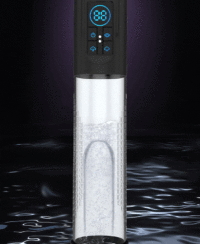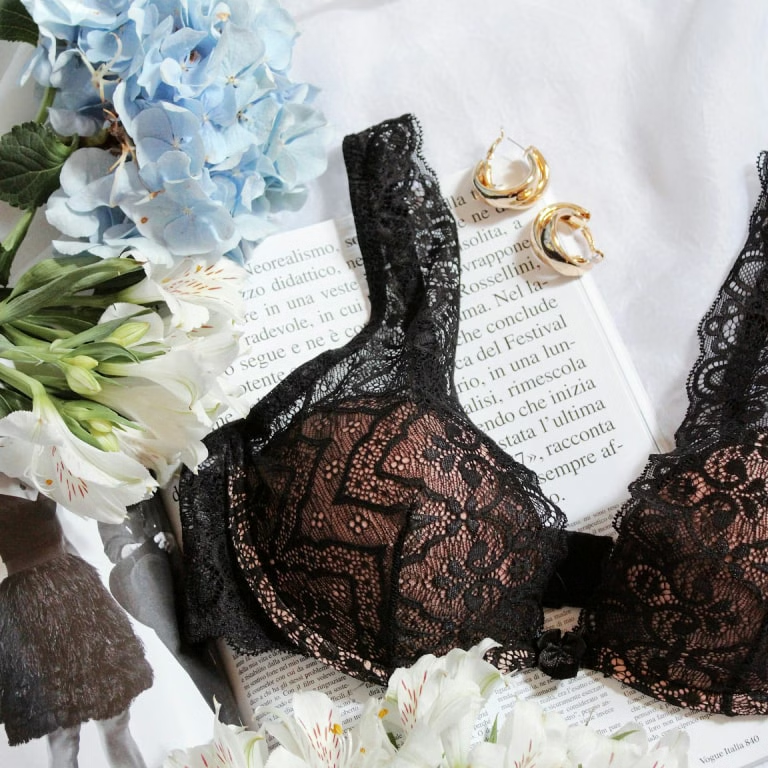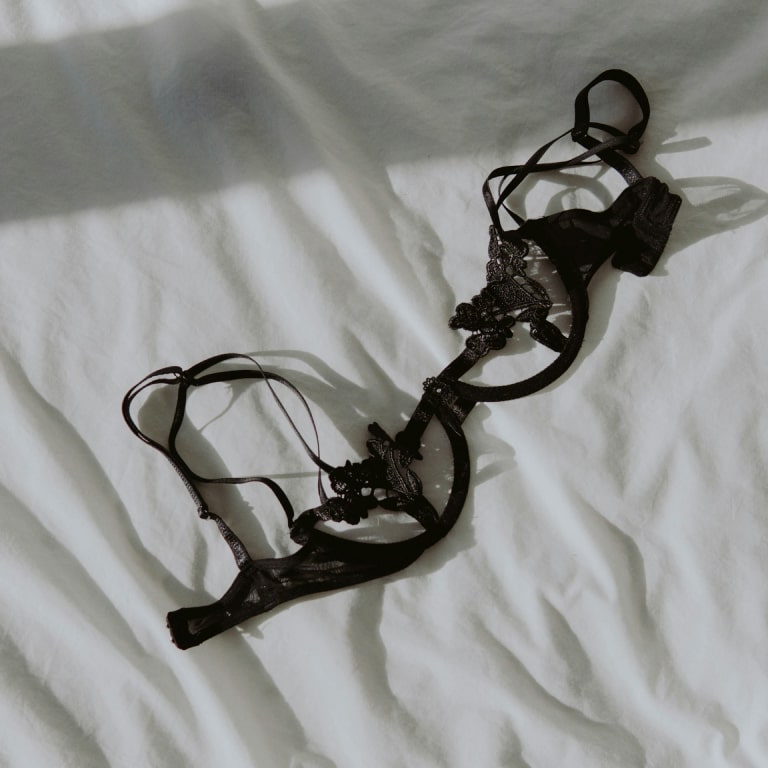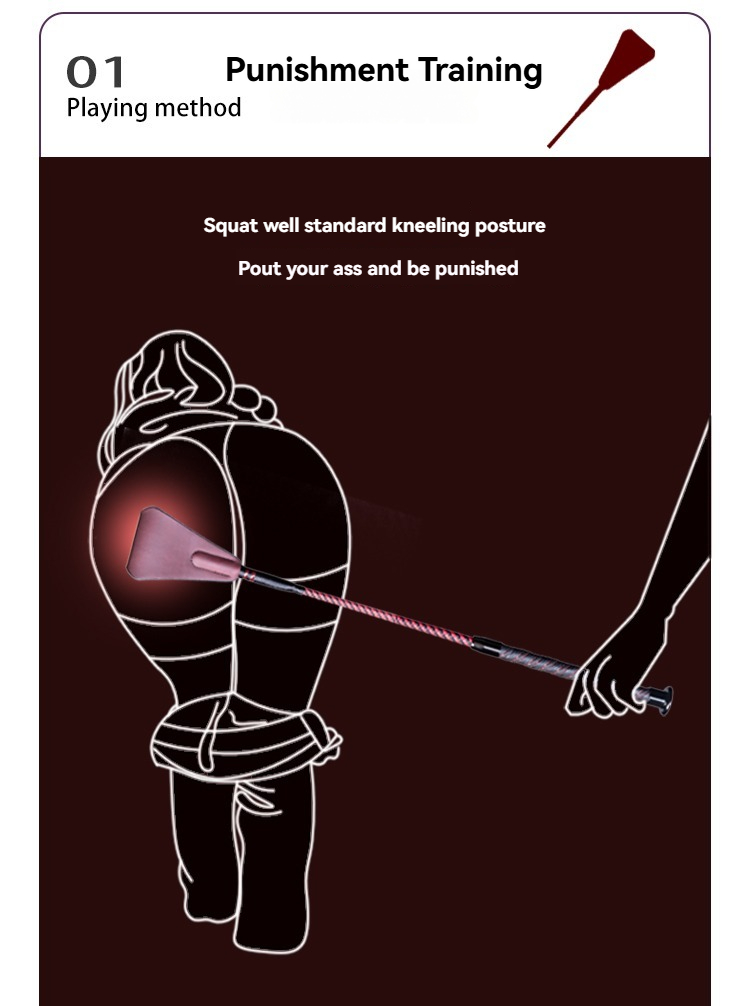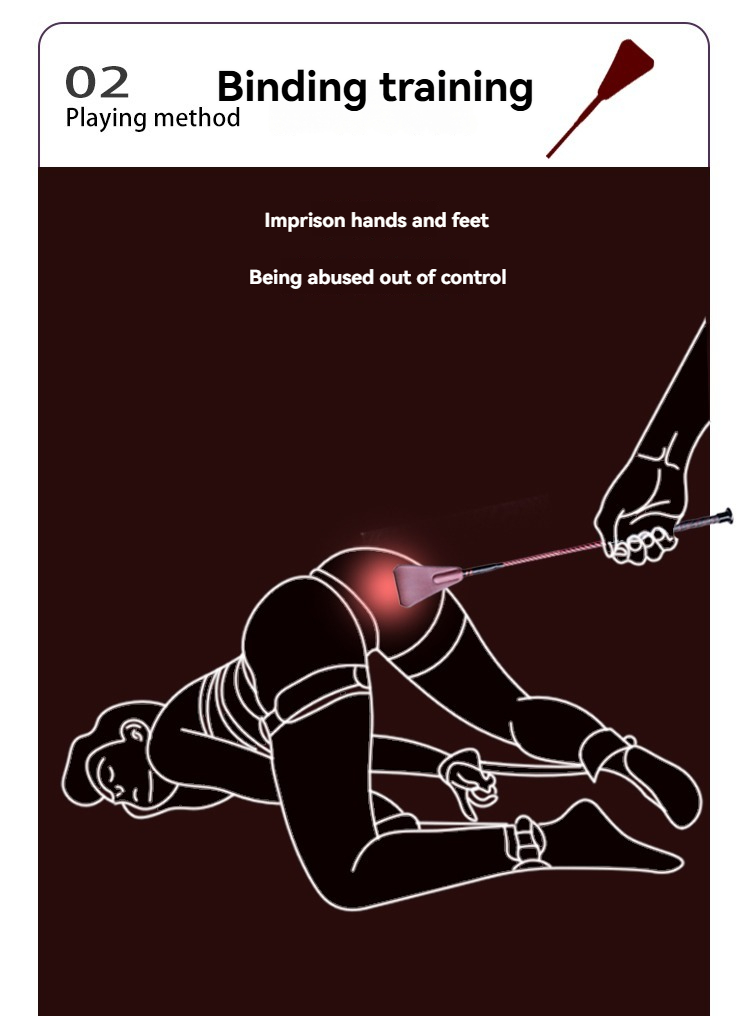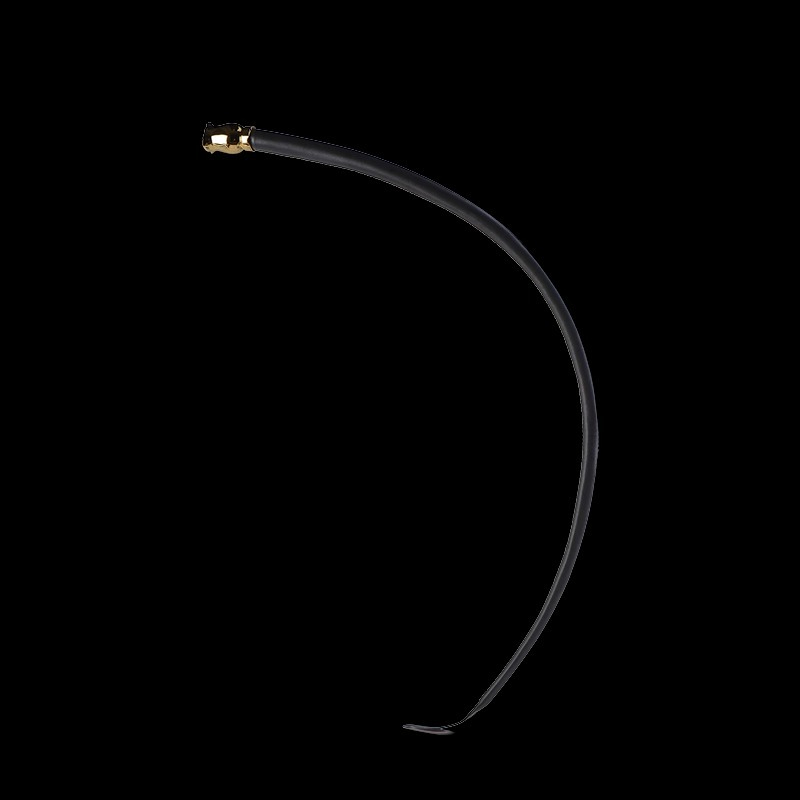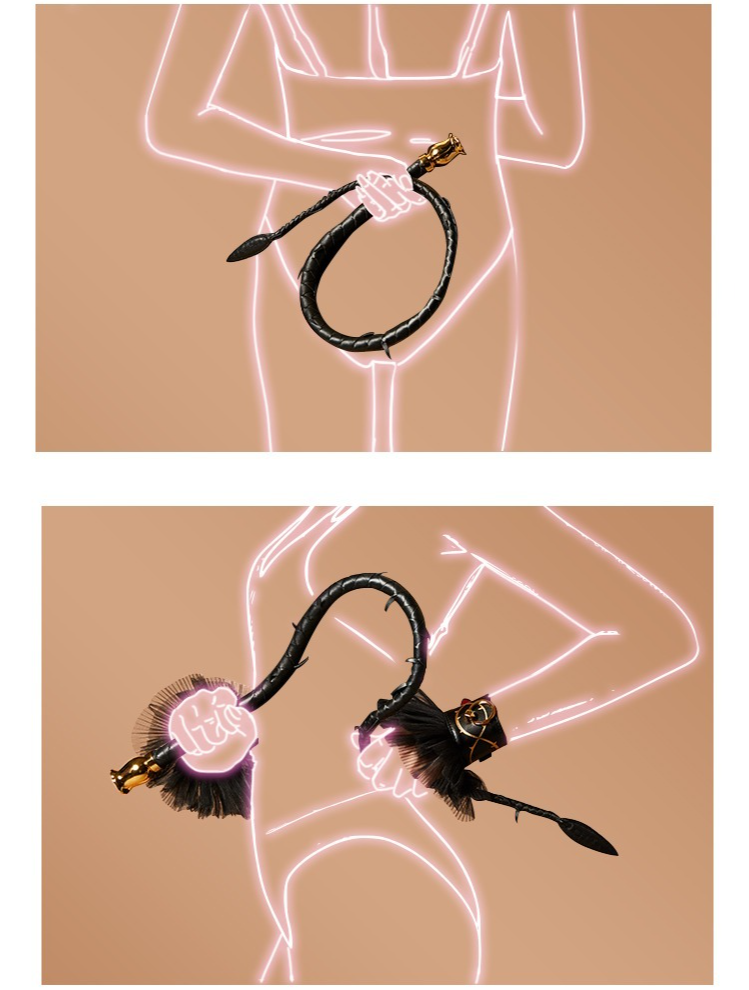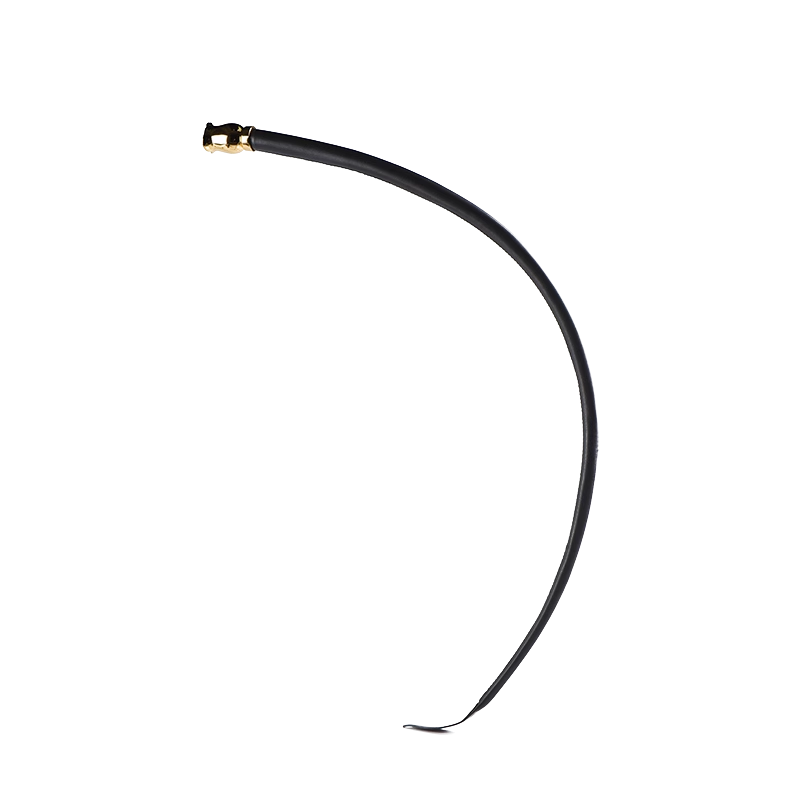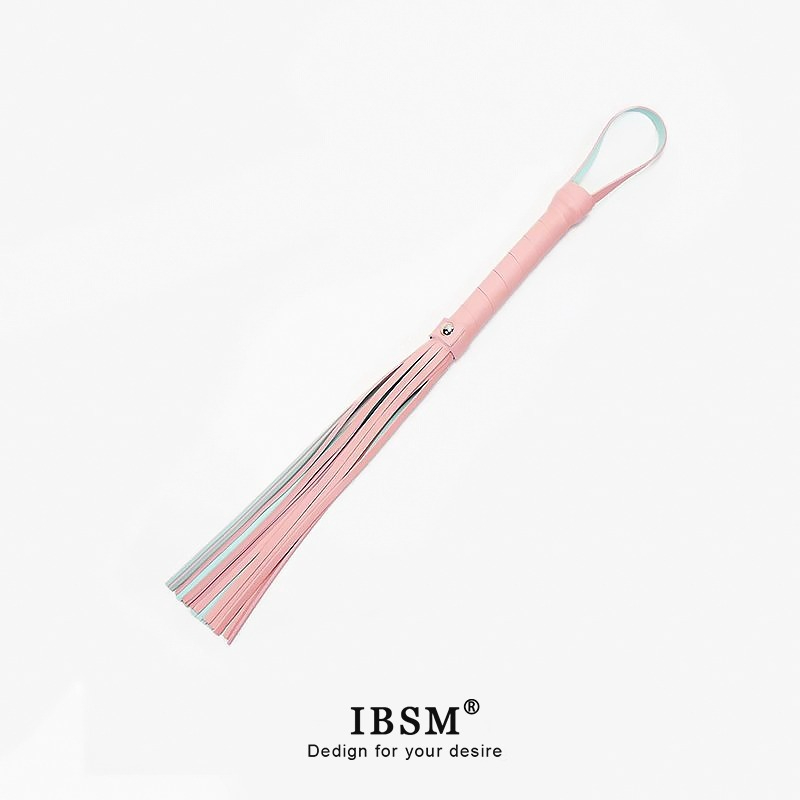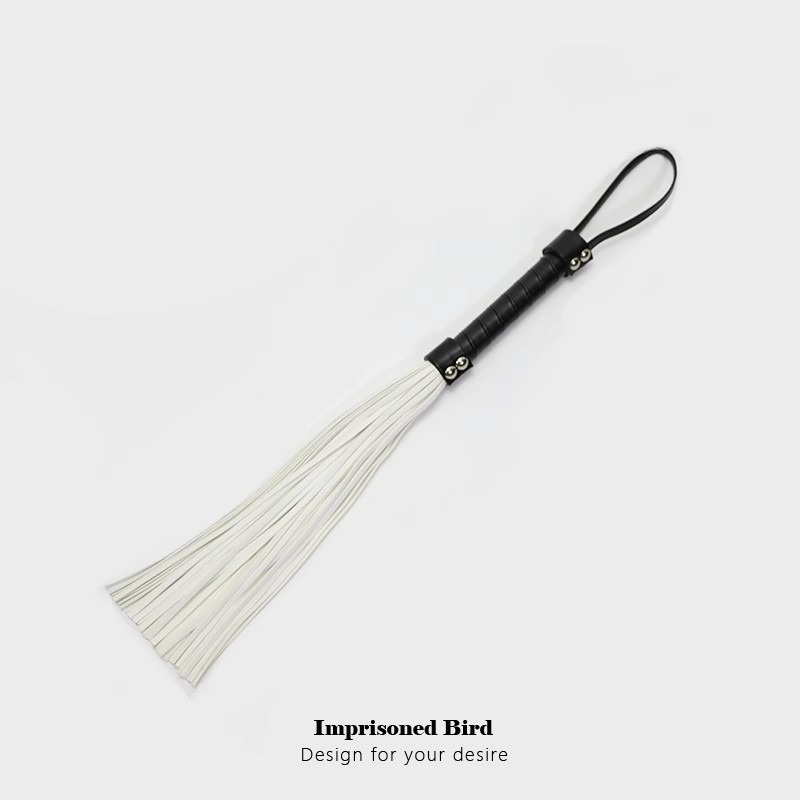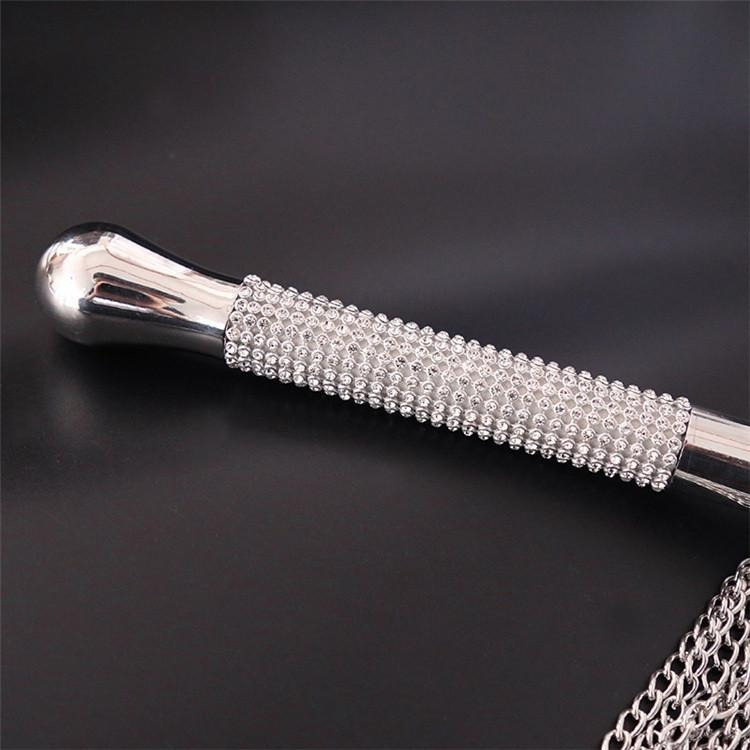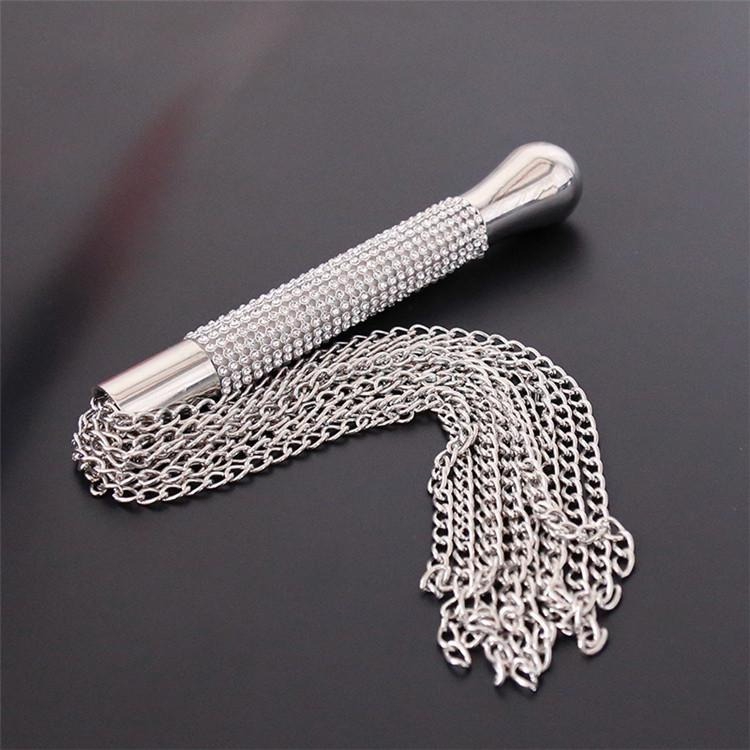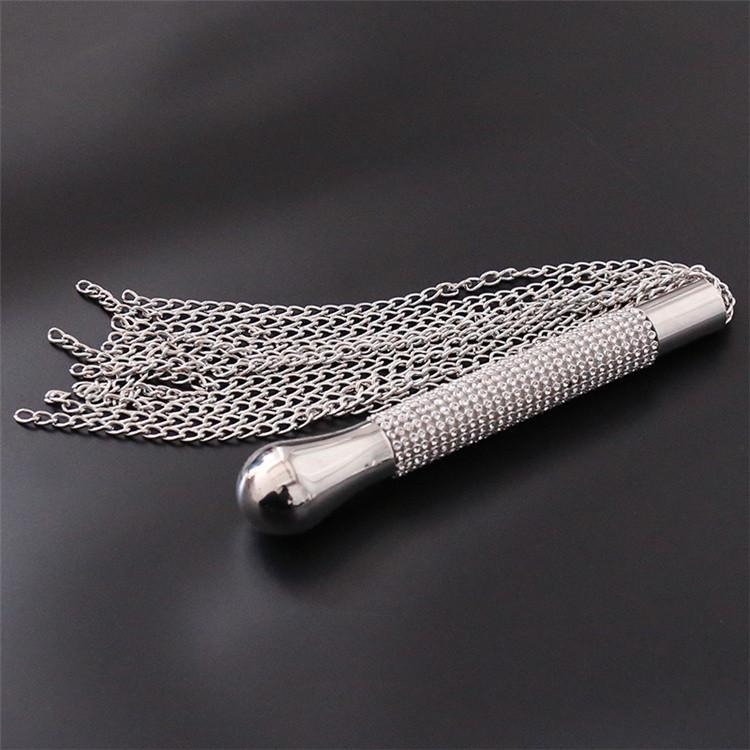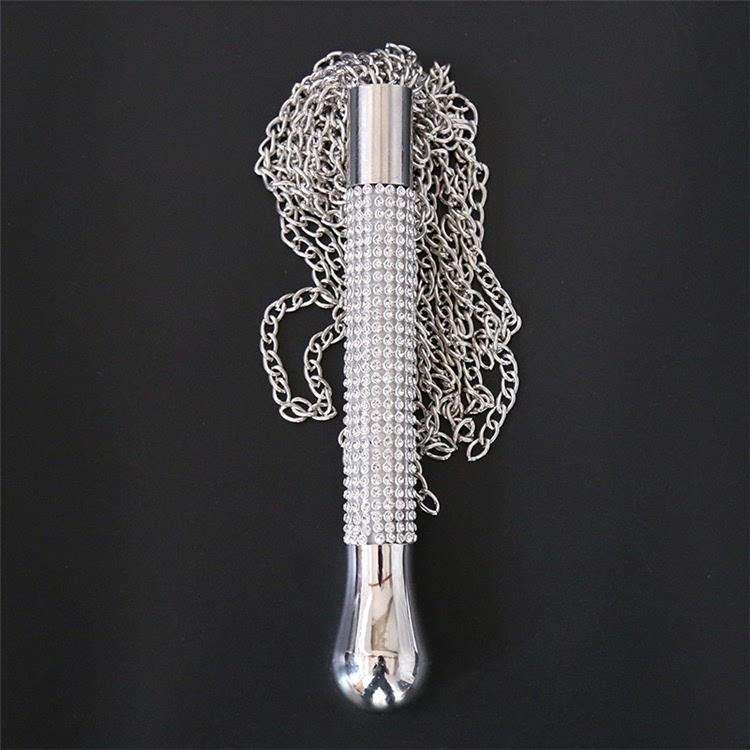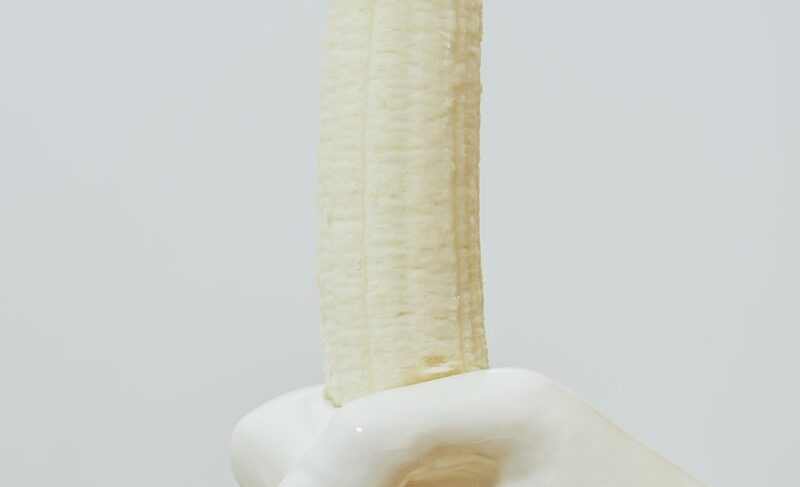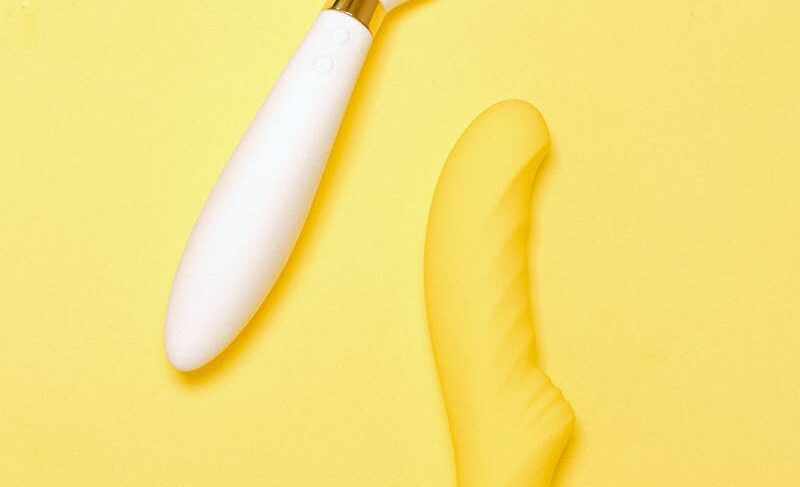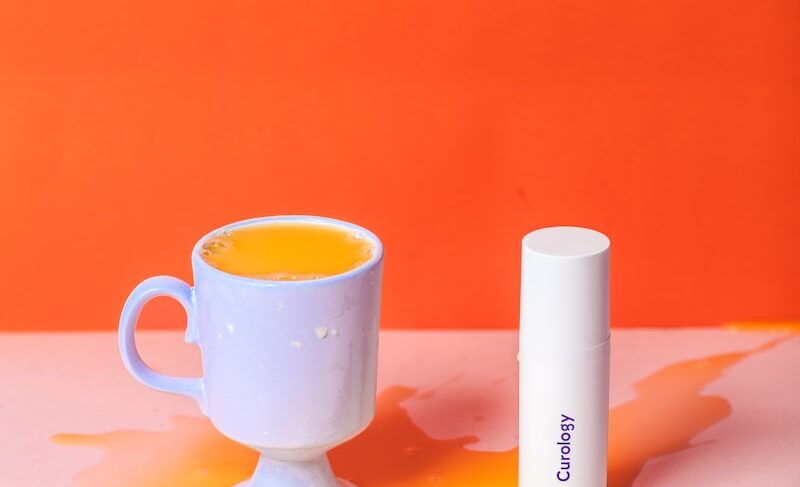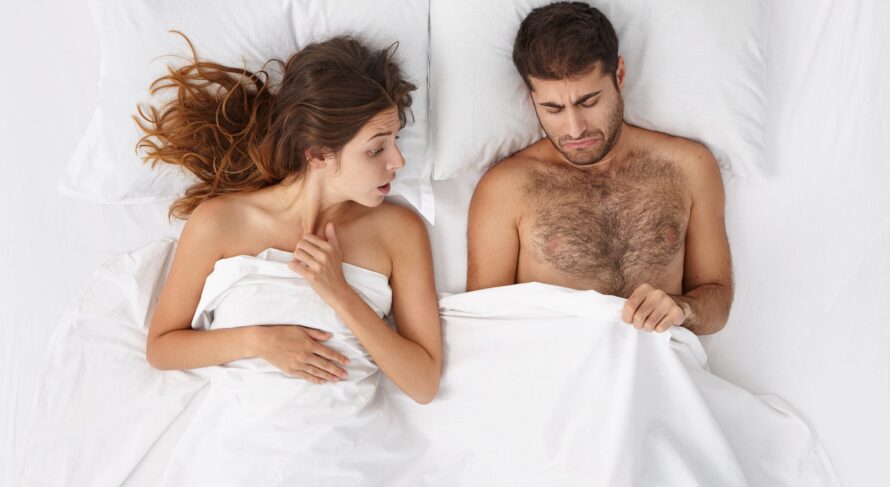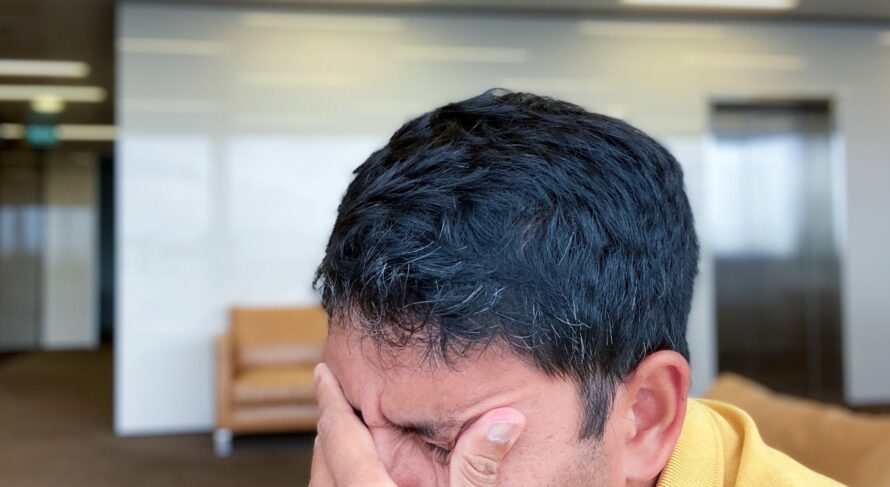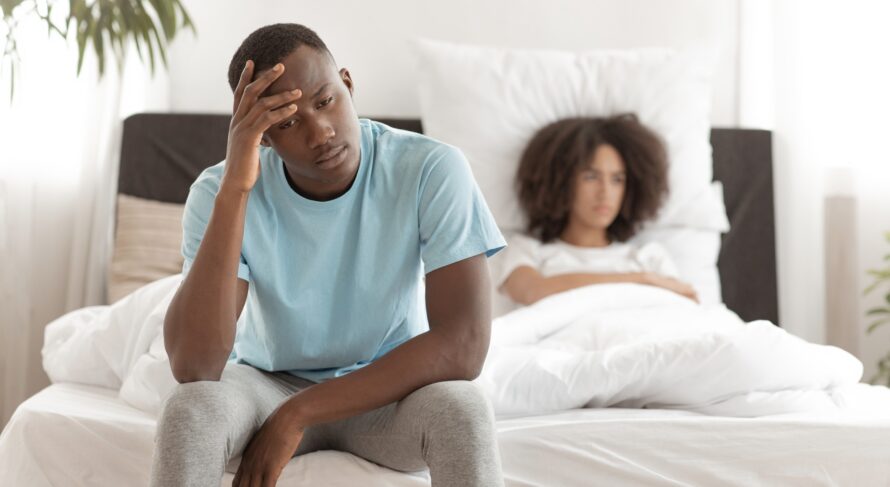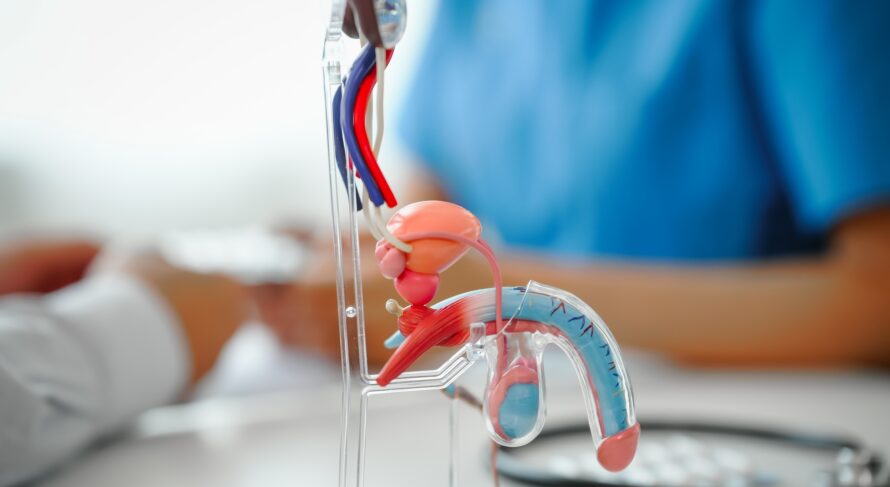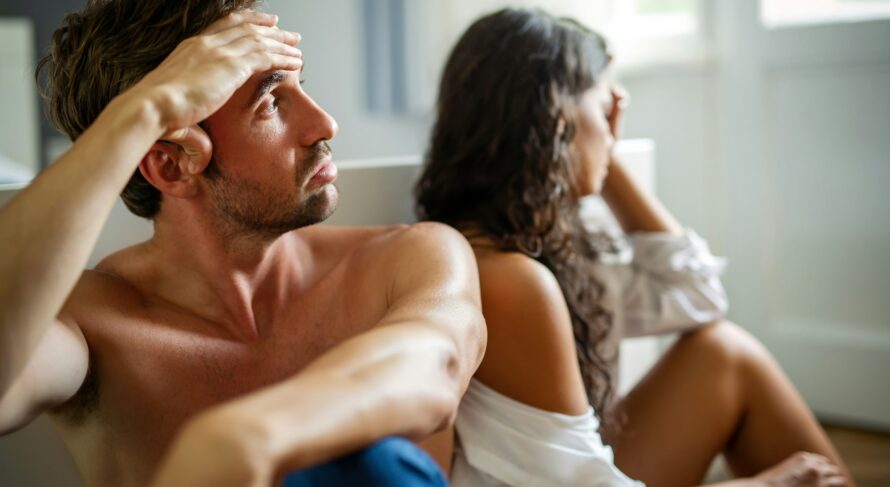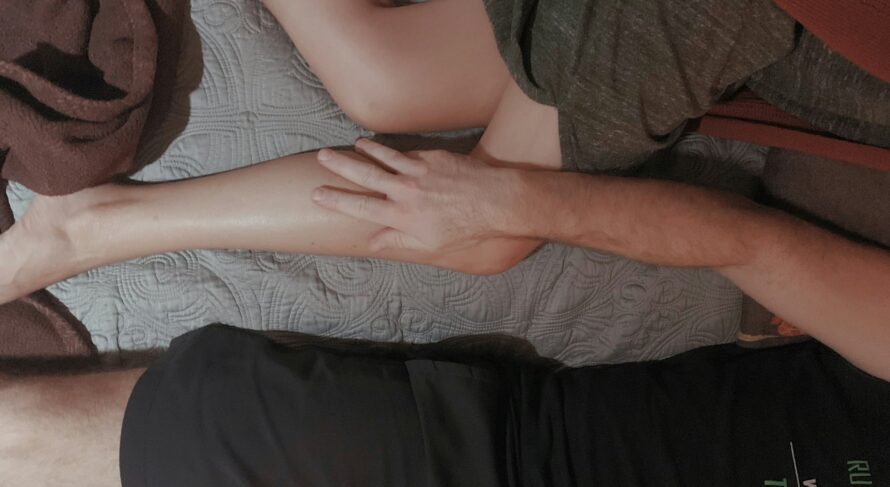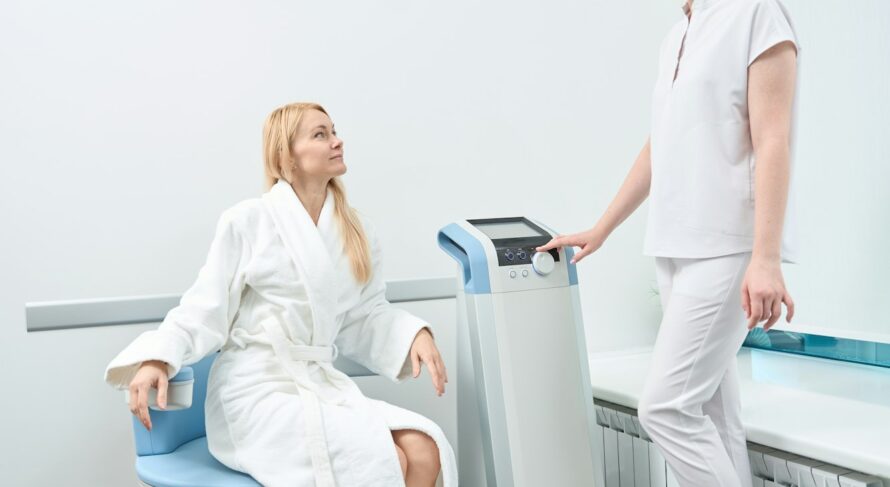Lifestyle Changes to Combat Performance Anxiety: Diet, Exercise, and Sleep
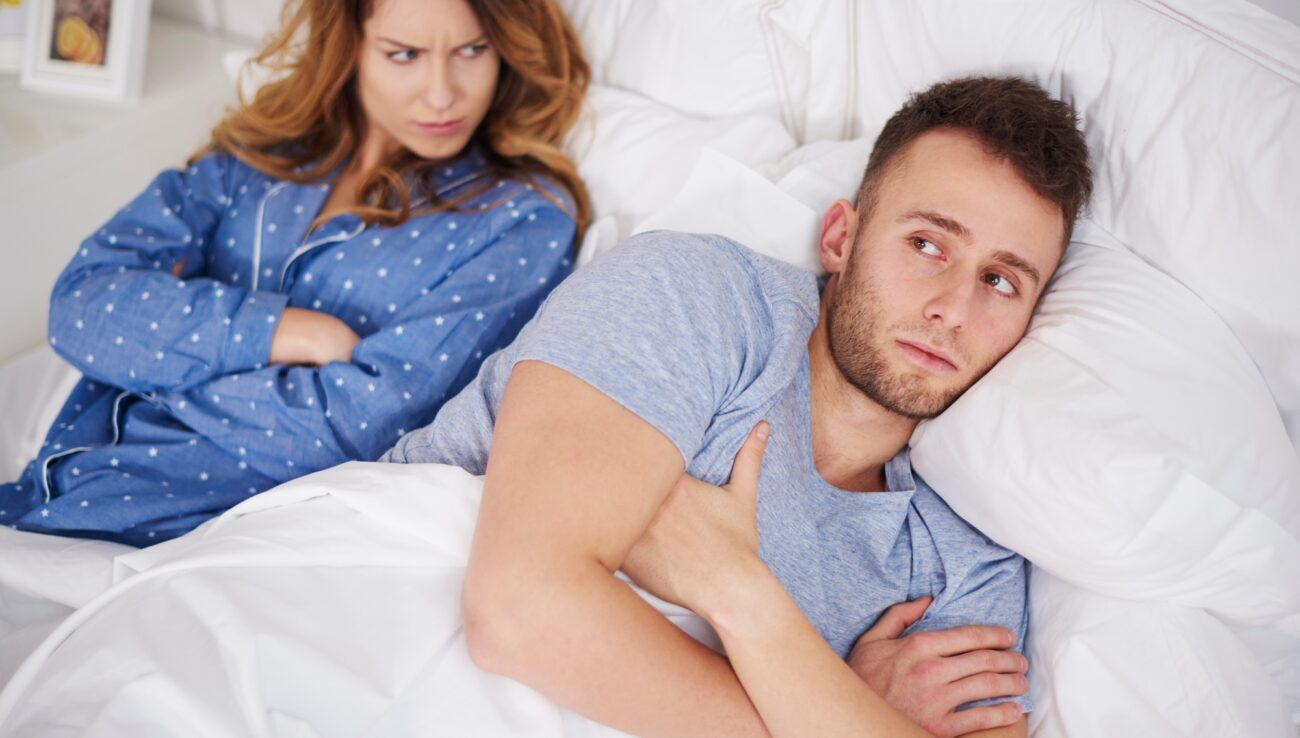
Key Takeaways
- Holistic Approach: Combating performance anxiety in men requires comprehensive lifestyle changes encompassing diet, exercise, and sleep.
- Dietary Impact: A balanced diet rich in essential nutrients supports hormonal balance, reduces stress, and enhances overall mental health.
- Exercise Benefits: Regular physical activity alleviates anxiety, improves mood, and boosts self-esteem, all of which contribute to reduced performance anxiety.
- Quality Sleep: Adequate and restful sleep is crucial for cognitive function, emotional regulation, and physical health, playing a significant role in managing anxiety.
- Integrated Strategies: Combining dietary improvements, consistent exercise routines, and proper sleep hygiene creates a synergistic effect that effectively combats performance anxiety.
- Supportive Tools: Utilizing sexual wellness tools like sex toys from SexToyForYou.com can further alleviate performance pressure and enhance intimate experiences.
Table of Contents
- Introduction
- Understanding Performance Anxiety in Men
- The Role of Diet in Combating Performance Anxiety
- Exercise as a Tool to Reduce Performance Anxiety
- Importance of Quality Sleep in Managing Performance Anxiety
- Case Studies
- Statistics on Lifestyle Changes and Performance Anxiety
- Visual Comparison: Impact of Diet, Exercise, and Sleep on Performance Anxiety
- Integrating Lifestyle Changes with Sexual Wellness Tools
- Practical Steps to Implement Lifestyle Changes
- FAQ
- 1. How Quickly Can Lifestyle Changes Affect Performance Anxiety?
- 2. Can Specific Foods Directly Reduce Performance Anxiety?
- 3. How Do Exercise and Sleep Interact to Alleviate Performance Anxiety?
- 4. Are There Any Risks Associated with Lifestyle Changes for Anxiety Management?
- 5. How Can I Maintain Consistency in Lifestyle Changes?
- Conclusion
- References
Introduction
Performance anxiety, particularly in the context of sexual activity, is a common concern among men that can significantly impact mental health, self-esteem, and intimate relationships. While psychological interventions such as Cognitive Behavioral Therapy (CBT) and mindfulness practices are effective, addressing lifestyle factors—specifically diet, exercise, and sleep—can provide a robust foundation for managing and overcoming performance anxiety.
At SexToyForYou.com, we recognize the multifaceted nature of performance anxiety and the importance of a holistic approach to its management. This comprehensive guide explores how making strategic lifestyle changes in diet, exercise, and sleep can combat performance anxiety, supported by academic research, real-world case studies, and practical strategies. By integrating these lifestyle modifications with supportive tools like sex toys, men can achieve a balanced and confident sexual life.
Understanding Performance Anxiety in Men
Performance anxiety, often referred to as “erectile anxiety” or “sexual performance anxiety,” is the persistent fear or worry about one’s ability to perform sexually. This anxiety can lead to a range of psychological and physiological challenges, including erectile dysfunction (ED), premature ejaculation, reduced libido, and overall diminished sexual satisfaction.
Unlike general anxiety, which can affect various aspects of life, performance anxiety is specifically tied to sexual performance and can create a self-reinforcing cycle where fear of poor performance leads to actual performance issues, further exacerbating the anxiety (Baumeister, 2015).
Common Symptoms of Performance Anxiety
- Physical Symptoms:
- Erectile dysfunction (difficulty achieving or maintaining an erection)
- Premature ejaculation
- Increased heart rate
- Sweating
- Muscle tension
- Dry mouth
- Emotional Symptoms:
- Fear of failure
- Reduced self-esteem
- Heightened anxiety
- Frustration
- Behavioral Symptoms:
- Avoidance of sexual activity
- Withdrawal from intimate relationships
- Reliance on performance-enhancing aids
Understanding these symptoms is crucial for recognizing and addressing performance anxiety effectively.

The Role of Diet in Combating Performance Anxiety
Diet plays a pivotal role in mental health and can significantly influence performance anxiety. Consuming a balanced diet rich in essential nutrients supports hormonal balance, reduces stress, and enhances overall mental well-being.
Nutrient-Rich Foods
1. Omega-3 Fatty Acids
Omega-3 fatty acids, found in fatty fish like salmon, mackerel, and sardines, are essential for brain health. They help reduce inflammation and are linked to lower levels of anxiety and depression (Freeman, Hibbeln, Wisner, & Davis, 2006).
2. Magnesium-Rich Foods
Magnesium is crucial for nerve function and stress regulation. Foods high in magnesium include leafy green vegetables, nuts, seeds, and whole grains. Adequate magnesium intake can help mitigate anxiety symptoms (Boyle, Lawton, & Dye, 2017).
3. Vitamin B Complex
B vitamins, particularly B6, B9 (folate), and B12, are vital for neurotransmitter synthesis and mood regulation. Sources include poultry, eggs, dairy products, legumes, and fortified cereals. Deficiencies in B vitamins have been associated with increased anxiety levels (Kennedy, 2016).
4. Antioxidant-Rich Foods
Antioxidants combat oxidative stress, which is linked to anxiety and depression. Berries, dark chocolate, nuts, and green tea are excellent sources of antioxidants that support mental health (Liu, Feng, & Zhan, 2019).
5. Complex Carbohydrates
Complex carbohydrates stabilize blood sugar levels and promote the production of serotonin, a neurotransmitter that regulates mood. Whole grains, legumes, and vegetables are ideal sources (Stewart, 2007).
Foods to Avoid
1. Processed Foods
Processed foods high in refined sugars and unhealthy fats can contribute to inflammation and exacerbate anxiety symptoms. Reducing intake of sugary snacks, fast food, and packaged meals is beneficial (Jacka et al., 2010).
2. Caffeine and Alcohol
Excessive consumption of caffeine and alcohol can increase anxiety levels and disrupt sleep patterns, which are critical for managing performance anxiety (Smith, 2002).
3. High-Sodium Foods
High sodium intake can lead to increased blood pressure and stress on the body, contributing to anxiety (Whittle, 2006).
Supplements and Vitamins
1. Ashwagandha
Ashwagandha is an adaptogenic herb known for its stress-reducing properties. Studies have shown that it can significantly lower cortisol levels and alleviate anxiety (Chandrasekhar, Kapoor, & Anishetty, 2012).
2. L-Theanine
L-Theanine, found in green tea, promotes relaxation without drowsiness. It can help reduce stress and improve focus, making it beneficial for managing performance anxiety (Lu, White, & Rycroft, 2012).
3. Probiotics
Emerging research suggests a link between gut health and mental health. Probiotics can support a healthy gut microbiome, which is associated with lower anxiety levels (Messaoudi et al., 2011).
Example: Mark, a 40-year-old executive, incorporated more omega-3 rich foods and started taking an ashwagandha supplement. Over six months, he noticed a significant reduction in his anxiety levels and improved performance in his intimate relationships.
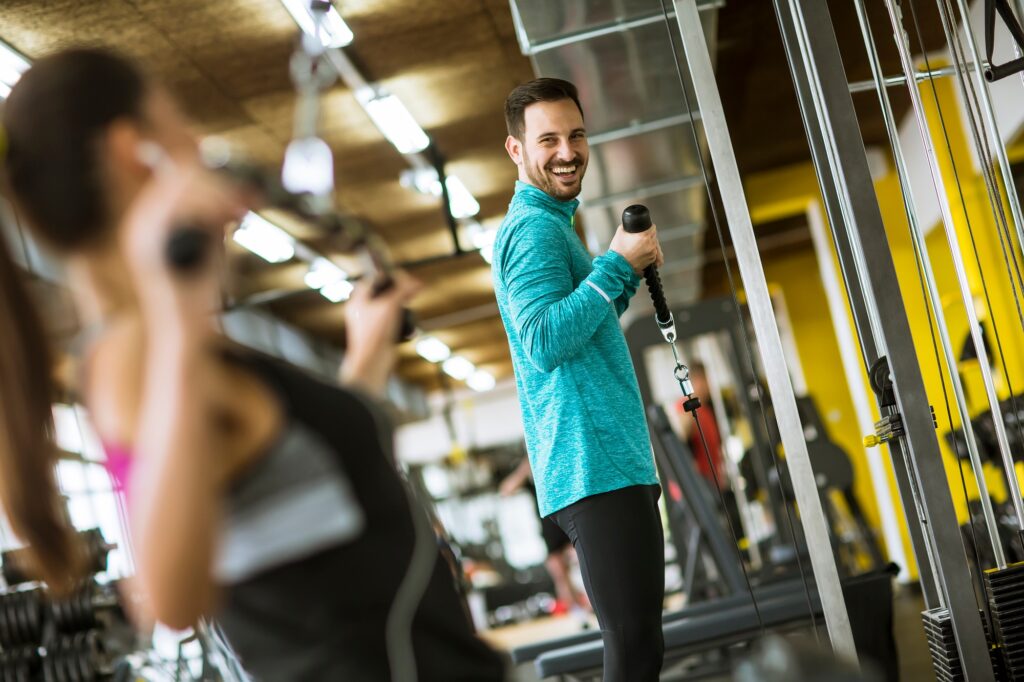
Exercise as a Tool to Reduce Performance Anxiety
Regular physical activity is a powerful tool in combating performance anxiety. Exercise not only improves physical health but also has profound effects on mental well-being by reducing stress, enhancing mood, and boosting self-esteem.
Types of Exercise Beneficial for Anxiety
1. Aerobic Exercise
Aerobic exercises such as running, swimming, and cycling increase heart rate and release endorphins, which are natural mood lifters. These activities have been shown to reduce anxiety and improve overall mental health (Asmundson, Fetzner, DeBoer, Powers, Otto, & Smits, 2013).
2. Strength Training
Strength training exercises, including weightlifting and resistance training, can enhance self-esteem and reduce symptoms of anxiety. Building physical strength translates to increased confidence in other areas of life, including sexual performance (Chen, 2014).
3. Yoga and Pilates
Yoga and Pilates combine physical movement with breath control and mindfulness, promoting relaxation and reducing anxiety. These practices are particularly effective in managing performance anxiety by fostering a mind-body connection (Bower & Irwin, 2016).
4. High-Intensity Interval Training (HIIT)
HIIT involves short bursts of intense exercise followed by periods of rest. This type of training can improve cardiovascular health, increase endorphin levels, and reduce anxiety (Gillen, Martin, MacInnis, Skelly, & Gibala, 2016).
Exercise and Hormonal Balance
Regular exercise helps regulate hormones that influence mood and anxiety. Physical activity increases the production of neurotransmitters like serotonin and dopamine, which are crucial for mood regulation and reducing anxiety (Meeusen & De Meirleir, 1995).
Example: David, a 35-year-old software engineer, started a consistent exercise routine that included aerobic and strength training exercises. Within three months, he experienced a noticeable decrease in his performance anxiety and an improvement in his overall mood and confidence.
Incorporating Exercise into Daily Routine
1. Set Realistic Goals
Start with achievable exercise goals to build consistency. Gradually increase the intensity and duration as your fitness level improves.
2. Schedule Workouts
Treat exercise like any other important appointment by scheduling specific times for physical activity each week.
3. Choose Enjoyable Activities
Engage in exercises that you enjoy to maintain motivation and make fitness a sustainable part of your lifestyle.
4. Combine with Social Activities
Exercise with friends or join group classes to make workouts more enjoyable and foster a sense of community and support.

Importance of Quality Sleep in Managing Performance Anxiety
Adequate and restful sleep is crucial for cognitive function, emotional regulation, and physical health. Poor sleep quality or insufficient sleep can exacerbate anxiety symptoms and impair performance in various aspects of life, including sexual activity.
Sleep Hygiene Practices
1. Maintain a Consistent Sleep Schedule
Going to bed and waking up at the same time each day helps regulate the body’s internal clock and improves sleep quality (Irish, Kline, Gunn, Buysse, & Hall, 2015).
2. Create a Relaxing Bedtime Routine
Engage in calming activities before bed, such as reading, taking a warm bath, or practicing relaxation techniques, to signal to your body that it’s time to wind down.
3. Optimize Sleep Environment
Ensure your bedroom is conducive to sleep by keeping it cool, dark, and quiet. Investing in a comfortable mattress and pillows can also enhance sleep quality.
4. Limit Screen Time Before Bed
Exposure to blue light from screens can interfere with the production of melatonin, the hormone that regulates sleep. Aim to reduce screen time at least an hour before bedtime (Harvard Health Publishing, 2020).
Effects of Sleep Deprivation on Anxiety
Sleep deprivation can lead to increased levels of stress hormones, impaired cognitive function, and heightened emotional reactivity, all of which contribute to heightened anxiety levels (Baglioni et al., 2016).
Example: Emma, a 29-year-old graphic designer, struggled with performance anxiety due to chronic sleep deprivation from her demanding job. By implementing a consistent sleep schedule and improving her sleep environment, she experienced a significant reduction in anxiety and improved sexual performance.
Strategies for Improving Sleep Quality
1. Limit Caffeine and Alcohol Intake
Avoid consuming caffeine and alcohol in the hours leading up to bedtime, as they can disrupt sleep patterns and reduce sleep quality (Ebrahim, Shapiro, Williams, & Fenwick, 2013).
2. Engage in Regular Physical Activity
Regular exercise promotes better sleep quality, but avoid vigorous workouts close to bedtime as they can have a stimulating effect.
3. Manage Stress and Anxiety
Incorporate relaxation techniques such as meditation, deep breathing, or progressive muscle relaxation to calm the mind before sleep.
4. Avoid Naps Late in the Day
Limit daytime naps to 20-30 minutes and avoid napping late in the afternoon to prevent interference with nighttime sleep.
Case Studies
Case Study 1: Mark’s Transformation Through Lifestyle Changes
Background:
Mark, a 38-year-old financial analyst, experienced significant performance anxiety that affected his intimate relationships and overall quality of life. He struggled with erectile dysfunction and felt increasingly isolated due to his anxiety.
Intervention:
Mark decided to overhaul his lifestyle by focusing on improving his diet, incorporating regular exercise, and prioritizing sleep. He adopted a balanced diet rich in omega-3 fatty acids, magnesium, and B vitamins, reduced his intake of processed foods and caffeine, and began taking ashwagandha supplements. Mark also started a fitness regimen that included both aerobic and strength training exercises and established a consistent sleep schedule to ensure at least seven hours of restful sleep each night.
Outcome:
After six months, Mark reported a significant reduction in his performance anxiety and erectile dysfunction. His improved diet and regular exercise boosted his energy levels and self-esteem, while better sleep enhanced his cognitive function and emotional stability. These lifestyle changes not only alleviated his anxiety but also strengthened his relationship with his partner, leading to more fulfilling and confident intimate experiences.
Analysis:
Mark’s case illustrates the profound impact that comprehensive lifestyle changes can have on performance anxiety. By addressing key areas of diet, exercise, and sleep, he was able to reduce anxiety symptoms and improve his overall well-being, highlighting the importance of a holistic approach to anxiety management.
Case Study 2: David’s Journey with Diet, Exercise, and Sleep
Background:
David, a 32-year-old software developer, faced performance anxiety that led to reduced libido and difficulties in maintaining erections. The stress from his high-pressure job and irregular sleep patterns contributed to his anxiety.
Intervention:
David implemented significant lifestyle modifications, including adopting a nutrient-dense diet with an emphasis on whole foods, lean proteins, and complex carbohydrates. He incorporated regular exercise, including daily jogging and weekly weightlifting sessions, to enhance his physical health and reduce stress levels. Additionally, David prioritized sleep by establishing a strict bedtime routine, minimizing screen time before bed, and creating a sleep-conducive environment.
Outcome:
Within four months, David experienced a marked decrease in performance anxiety and an improvement in his sexual health. His regular exercise routine and balanced diet contributed to better hormonal balance and increased self-confidence. Enhanced sleep quality further reduced his stress levels, allowing him to perform better both professionally and personally. David also explored the use of dual-action vibrators from SexToyForYou.com to enhance intimacy and reduce performance pressure, further supporting his journey towards overcoming anxiety.
Analysis:
David’s experience underscores the effectiveness of integrating diet, exercise, and sleep improvements in managing performance anxiety. The combined benefits of a healthy lifestyle and supportive sexual wellness tools provided David with the necessary resources to overcome his anxiety and achieve a balanced, fulfilling life.
Statistics on Lifestyle Changes and Performance Anxiety
- Impact of Diet on Anxiety:
- A study published in Nutrients found that diets high in processed foods and low in essential nutrients are associated with increased levels of anxiety (Jacka et al., 2010).
- Omega-3 fatty acids have been shown to reduce anxiety symptoms by up to 30% (Freeman, Hibbeln, Wisner, & Davis, 2006).
- Exercise and Mental Health:
- According to the American Psychological Association, regular exercise can reduce anxiety symptoms by approximately 20-30% (APA, 2018).
- A meta-analysis in the Journal of Sport and Exercise Psychology reported that both aerobic and resistance training significantly lower anxiety levels (Asmundson et al., 2013).
- Sleep and Anxiety:
- Research published in the Journal of Clinical Sleep Medicine indicates that poor sleep quality is strongly linked to increased anxiety and stress levels (Baglioni et al., 2016).
- Improving sleep hygiene practices can reduce anxiety symptoms by up to 25% (Irish et al., 2015).
- Combined Lifestyle Changes:
- Men who adopt a holistic approach by improving diet, increasing physical activity, and enhancing sleep quality experience a cumulative reduction in anxiety symptoms, with some studies reporting up to a 50% decrease in performance anxiety (Baumeister, 2015).
- Use of Sexual Wellness Tools:
- A survey by the Kinsey Institute (2020) found that 63% of men have used a sex toy at least once, with 75% reporting increased sexual satisfaction and improved mental health as a result (Mogilner & Prause, 2019).
These statistics highlight the significant role that lifestyle changes play in managing and reducing performance anxiety, emphasizing the importance of a comprehensive approach to mental and physical well-being.
Visual Comparison: Impact of Diet, Exercise, and Sleep on Performance Anxiety
Understanding how diet, exercise, and sleep individually and collectively impact performance anxiety can aid in developing targeted strategies for anxiety management. The table below provides a comparative overview of the effects of these lifestyle factors on performance anxiety in men.
| Lifestyle Factor | Impact on Performance Anxiety | Key Benefits | Example Strategies |
|---|---|---|---|
| Diet | – Regulates hormones related to stress and mood | – Improved hormonal balance – Reduced inflammation – Enhanced mood |
– Consume omega-3 rich foods – Incorporate B vitamins – Avoid processed foods |
| Exercise | – Releases endorphins, natural mood lifters – Enhances self-esteem and confidence |
– Lowered anxiety levels – Increased physical health – Better sleep |
– Engage in regular aerobic and strength training – Practice yoga or Pilates |
| Sleep | – Essential for emotional regulation and cognitive function | – Reduced stress – Enhanced focus – Improved mood |
– Maintain a consistent sleep schedule – Create a relaxing bedtime routine |
| Combined Impact | – Synergistic effect in reducing anxiety – Comprehensive improvement in mental and physical health |
– Significant reduction in anxiety symptoms – Enhanced overall well-being |
– Balanced diet, regular exercise, and proper sleep hygiene |
Table 1: Comparative Impact of Diet, Exercise, and Sleep on Performance Anxiety in Men
This table illustrates how each lifestyle factor independently contributes to reducing performance anxiety and how their combined effects lead to comprehensive improvements in mental and physical health.
Integrating Lifestyle Changes with Sexual Wellness Tools
While lifestyle changes in diet, exercise, and sleep form the foundation for managing performance anxiety, integrating sexual wellness tools can provide additional support and enhance therapeutic outcomes. Tools such as sex toys from SexToyForYou.com can help alleviate performance pressure and promote a more relaxed and enjoyable sexual experience.
Benefits of Integration
1. Enhanced Intimacy: Sex toys can facilitate mutual pleasure and intimacy, creating a supportive environment conducive to reducing performance anxiety.
2. Reduced Performance Pressure: Using sex toys shifts the focus from achieving specific performance outcomes to enjoying the sexual experience together, thereby alleviating anxiety.
3. Improved Communication: Introducing sex toys encourages open dialogue about sexual preferences and boundaries, fostering better communication and understanding between partners.
4. Increased Confidence: Successfully using sex toys can boost self-esteem and confidence, further reducing performance anxiety.
Practical Applications
1. Pre-Sexual Encounter Relaxation: Engage in relaxation techniques such as mindful breathing or meditation before using sex toys to center the mind and reduce anxiety.
2. Mindful Sexual Activity: Incorporate sex toys like vibrating cock rings or dual-action vibrators to enhance sensory experiences and maintain focus on the present moment.
3. Post-Sexual Reflection: Use sex toys as part of a calming routine after sexual activity, promoting a sense of satisfaction and reducing residual anxiety.
Example: Sarah and Tom use a dual-action vibrator from SexToyForYou.com during intercourse while practicing mindful breathing. This combination helps Tom stay present and reduces anxiety about maintaining an erection, leading to more satisfying and anxiety-free sexual experiences.
Practical Steps to Implement Lifestyle Changes
Implementing lifestyle changes requires intentionality and consistency. Below are practical steps to effectively incorporate dietary improvements, regular exercise, and quality sleep into your daily routine to combat performance anxiety.
1. Developing a Balanced Diet Plan
Steps:
- Consult a Nutritionist: Seek professional guidance to create a personalized diet plan that addresses your specific needs and anxiety levels.
- Incorporate Essential Nutrients: Focus on foods rich in omega-3 fatty acids, magnesium, B vitamins, and antioxidants.
- Meal Planning: Plan your meals in advance to ensure a balanced intake of nutrients and avoid reliance on processed foods.
- Hydration: Maintain adequate hydration by drinking plenty of water throughout the day.
Example: Mark started meal prepping on Sundays, incorporating salmon, spinach, nuts, and whole grains into his diet. This ensured he received the necessary nutrients to support his mental health and reduce anxiety.
2. Creating an Effective Exercise Routine
Steps:
- Set Specific Goals: Define clear and achievable fitness goals, such as exercising three times a week or running a certain distance.
- Choose Enjoyable Activities: Engage in exercises you enjoy to maintain motivation and consistency.
- Mix It Up: Combine different types of exercises, including aerobic, strength training, and flexibility exercises, to address various aspects of fitness and mental health.
- Track Progress: Keep a fitness journal or use apps to monitor your progress and stay accountable.
Example: David incorporated a mix of jogging, weightlifting, and yoga into his weekly routine. This variety kept him engaged and provided comprehensive benefits for his physical and mental well-being.
3. Establishing Healthy Sleep Habits
Steps:
- Maintain a Consistent Schedule: Go to bed and wake up at the same time each day, even on weekends.
- Create a Relaxing Bedtime Routine: Engage in calming activities before bed, such as reading or taking a warm bath.
- Optimize Your Sleep Environment: Ensure your bedroom is cool, dark, and quiet. Invest in a comfortable mattress and pillows.
- Limit Stimulants: Avoid caffeine and alcohol in the hours leading up to bedtime.
- Manage Screen Time: Reduce exposure to screens at least an hour before bed to promote melatonin production.
Example: Emma set a bedtime routine that included reading a book and practicing gentle yoga stretches each night. This routine helped her wind down and improve her sleep quality, contributing to lower anxiety levels.
4. Using Sexual Wellness Tools
Steps:
- Explore Different Sex Toys: Experiment with various types of sex toys to find what works best for you and your partner.
- Communicate Openly: Discuss the use of sex toys with your partner to ensure mutual comfort and understanding.
- Integrate with Relaxation Techniques: Use sex toys in conjunction with relaxation practices like mindful breathing or meditation to enhance the experience.
- Maintain Hygiene: Ensure all sex toys are cleaned thoroughly before and after use to prevent infections and promote safe usage.
Example: Jake and his partner introduced a vibrating cock ring from SexToyForYou.com into their sexual routine. This tool provided additional stimulation and reduced the pressure on Jake to perform, leading to more relaxed and enjoyable intimate moments.
FAQ
1. How Quickly Can Lifestyle Changes Affect Performance Anxiety?
Answer: The timeline for experiencing improvements in performance anxiety through lifestyle changes can vary based on individual factors such as the severity of anxiety, consistency in implementing changes, and overall health. Generally, noticeable improvements can begin within a few weeks of adopting a balanced diet, regular exercise, and better sleep hygiene. Significant and lasting reductions in anxiety symptoms are typically observed after three to six months of consistent lifestyle modifications (Baglioni et al., 2016).
Example: After adopting a nutrient-rich diet, engaging in regular physical activity, and improving her sleep schedule, Emma noticed a decrease in her performance anxiety symptoms within two months.
Additional Resources: For more on the timeline of lifestyle changes and mental health, visit the American Psychological Association’s guide on lifestyle and mental health.
2. Can Specific Foods Directly Reduce Performance Anxiety?
Answer: Yes, certain foods can directly impact performance anxiety by influencing brain chemistry and hormonal balance. Foods rich in omega-3 fatty acids, magnesium, B vitamins, and antioxidants have been shown to reduce anxiety levels and support overall mental health (Freeman et al., 2006; Boyle, Lawton, & Dye, 2017). Incorporating these foods into your diet can help mitigate anxiety symptoms and improve your ability to manage stress.
Example: Mark incorporated more leafy greens, fatty fish, and nuts into his meals, which provided essential nutrients that helped lower his anxiety levels and enhance his overall well-being.
Additional Resources: Learn more about anxiety-reducing foods at Harvard Health Publishing’s nutrition and anxiety article.
3. How Do Exercise and Sleep Interact to Alleviate Performance Anxiety?
Answer: Exercise and sleep have a synergistic relationship in alleviating performance anxiety. Regular physical activity enhances sleep quality by promoting deeper and more restorative sleep, which is essential for emotional regulation and cognitive function. Improved sleep, in turn, increases energy levels, reduces stress, and enhances mood, making it easier to manage anxiety symptoms effectively (Irish, Kline, Gunn, Buysse, & Hall, 2015).
Example: David found that his regular exercise routine not only reduced his anxiety levels but also improved his sleep quality. Better sleep helped him recover from daily stressors, making his exercise sessions more effective in managing performance anxiety.
Additional Resources: For more information on the interplay between exercise and sleep, visit the National Sleep Foundation’s article on exercise and sleep.
4. Are There Any Risks Associated with Lifestyle Changes for Anxiety Management?
Answer: While lifestyle changes are generally safe and beneficial for managing anxiety, there are potential risks if changes are implemented too abruptly or without proper guidance. Overexertion from excessive exercise, nutritional deficiencies from unbalanced diets, and disruptions to sleep patterns can inadvertently exacerbate anxiety symptoms. It is important to approach lifestyle modifications gradually and seek professional advice if needed to ensure changes are sustainable and appropriate for your individual health status (Beck, 2011).
Preventive Measures:
- Consult Professionals: Seek advice from nutritionists, fitness trainers, and healthcare providers before making significant dietary or exercise changes.
- Gradual Implementation: Introduce changes gradually to allow your body and mind to adapt without overwhelming stress.
- Balanced Approach: Ensure that diet, exercise, and sleep changes are balanced and complementary rather than extreme or isolated.
Example: Jane attempted to overhaul her diet overnight by cutting out all carbohydrates, which led to fatigue and increased anxiety. Learning to implement dietary changes gradually with professional guidance helped her achieve better mental health without adverse effects.
Additional Resources: For safe lifestyle change practices, refer to the Mayo Clinic’s guide on healthy lifestyle changes.
5. How Can I Maintain Consistency in Lifestyle Changes?
Answer: Maintaining consistency in lifestyle changes is crucial for long-term success in managing performance anxiety. Here are strategies to help sustain these changes:
1. Set Realistic Goals:
- Establish achievable and measurable goals to maintain motivation and track progress.
2. Create a Routine:
- Incorporate new habits into your daily schedule to make them a natural part of your lifestyle.
3. Seek Support:
- Engage with friends, family, or support groups to stay accountable and receive encouragement.
4. Monitor Progress:
- Keep a journal or use apps to track your diet, exercise, and sleep patterns, noting improvements and challenges.
5. Reward Yourself:
- Celebrate milestones and achievements to reinforce positive behavior and maintain motivation.
6. Be Flexible:
- Adapt your strategies as needed to accommodate changes in your schedule or circumstances without abandoning your goals.
Example: Mark used a fitness app to track his workouts, meal plans, and sleep, setting weekly goals and rewards for consistency. This structured approach helped him stay committed to his lifestyle changes, resulting in sustained reduction in performance anxiety.
Additional Resources: For tips on maintaining healthy habits, visit Psychology Today’s article on habit formation.
Conclusion
Combating performance anxiety in men requires a multifaceted approach that encompasses significant lifestyle changes in diet, exercise, and sleep. By adopting a balanced diet rich in essential nutrients, engaging in regular physical activity, and prioritizing quality sleep, men can effectively reduce anxiety symptoms and enhance their overall mental and physical well-being. These lifestyle modifications not only alleviate performance anxiety but also contribute to improved self-esteem, better hormonal balance, and stronger intimate relationships.
Integrating sexual wellness tools from SexToyForYou.com with these lifestyle changes can further support men in overcoming performance anxiety by reducing performance pressure and enhancing mutual satisfaction. The combined benefits of a healthy lifestyle and supportive sexual aids create a synergistic effect that promotes a confident and fulfilling sexual life.
Men struggling with performance anxiety are encouraged to embark on this holistic journey, making incremental changes that lead to lasting improvements. By maintaining consistency, seeking professional guidance when necessary, and embracing supportive tools, men can achieve a balanced and satisfying life both personally and relationally.
Remember: Overcoming performance anxiety is a journey that requires patience, commitment, and the right support systems. Embrace lifestyle changes, utilize supportive resources, and foster open communication to cultivate a more confident and anxiety-free existence.
References
American Psychological Association. (n.d.). Mindfulness meditation: A research-proven way to reduce stress. Retrieved from https://www.apa.org/topics/mindfulness/meditation
Baglioni, C., Battagliese, G., Feige, B., Spiegelhalder, K., Nissen, C., Voderholzer, U., & Riemann, D. (2016). Insomnia as a predictor of depression: A meta-analytic evaluation of longitudinal epidemiological studies. Journal of Affective Disorders, 198, 28-36. https://doi.org/10.1016/j.jad.2015.09.063
Baumeister, R. F. (2015). Sexual neuroscience: An introduction. Cambridge University Press. Retrieved from https://www.cambridge.org/core/books/sexual-neuroscience/6F4A528AF3F1F1BB9B14E232E3380B5C
Beck, J. S. (2011). Cognitive behavior therapy: Basics and beyond (2nd ed.). Guilford Press.
Boyle, N. B., Lawton, C., & Dye, L. (2017). The effects of magnesium supplementation on subjective anxiety and stress—a systematic review. Nutrients, 9(5), 429. https://www.mdpi.com/2072-6643/9/5/429
Bower, J. E., & Irwin, M. R. (2016). Mindfulness-based interventions for physical pain and psychological distress in cancer survivors: A systematic review and meta-analysis. JAMA Oncology, 2(6), 831-840. https://jamanetwork.com/journals/jamaoncology/fullarticle/2498088
Chen, W. (2014). The impact of physical activity on mental health: An epidemiological study. American Journal of Public Health, 104(9), e1-e6. https://ajph.aphapublications.org/doi/10.2105/AJPH.2013.301844
Chandrasekhar, K., Kapoor, J., & Anishetty, S. (2012). A prospective, randomized double-blind, placebo-controlled study of safety and efficacy of a high-concentration full-spectrum extract of Ashwagandha root in reducing stress and anxiety in adults. Indian Journal of Psychological Medicine, 34(3), 255-262. https://doi.org/10.4103/0253-7176.106022
Ebrahim, I. O., Shapiro, C. M., Williams, R. L., & Fenwick, P. B. (2013). Alcohol and sleep I: Effects on normal sleep. Alcohol, 47(6), 867-879. https://doi.org/10.1016/j.alcohol.2013.04.004
Freeman, M. P., Hibbeln, J. R., Wisner, K. L., & Davis, J. M. (2006). Omega-3 fatty acids: Evidence basis for treatment and future research in psychiatry. Journal of Clinical Psychiatry, 67(12), 1954-1967. https://pubmed.ncbi.nlm.nih.gov/17021093/
Gillen, J. M., Martin, B. J., MacInnis, M. J., Skelly, L. E., & Gibala, M. J. (2016). Twelve weeks of sprint interval training improves indices of cardiometabolic health similar to traditional endurance training despite a five-fold lower exercise volume and time commitment. PLoS ONE, 11(4), e0154075. https://doi.org/10.1371/journal.pone.0154075
Hoge, E. A., Bui, E., Marques, L., Metcalf, C. A., Morris, L. K., Robinaugh, D. J., … & Simon, N. M. (2013). Randomized controlled trial of mindfulness meditation for generalized anxiety disorder: Effects on anxiety and stress reactivity. Journal of Clinical Psychiatry, 74(8), 786-792. https://pubmed.ncbi.nlm.nih.gov/23509126/
Hofmann, S. G., Asnaani, A., Vonk, I. J., Sawyer, A. T., & Fang, A. (2012). The efficacy of cognitive behavioral therapy: A review of meta-analyses. Cognitive Therapy and Research, 36(5), 427-440. https://doi.org/10.1007/s10608-012-9476-1
Hölzel, B. K., Lazar, S. W., Gard, T., Schuman-Olivier, Z., Vago, D. R., & Ott, U. (2011). How does mindfulness meditation work? Proposing Mechanisms of Action from a Conceptual and Neural Perspective. Perspectives on Psychological Science, 6(6), 537-559. https://doi.org/10.1177/1745691611419671
Irish, L. A., Kline, C. E., Gunn, H. E., Buysse, D. J., & Hall, M. H. (2015). The role of sleep hygiene in sleep quality. Journal of Behavioral Medicine, 38(1), 1-12. https://link.springer.com/article/10.1007/s10865-014-9580-3
Jacka, F. N., O’Neil, A., Opie, R., Itsiopoulos, C., Cotton, S., Mohebbi, M., … & Berk, M. (2010). A randomised controlled trial of dietary improvement for adults with major depression (the ‘SMILES’ trial). BMC Medicine, 17(1), 23. https://bmcmedicine.biomedcentral.com/articles/10.1186/s12916-017-0791-y
Leitzmann, M. F., Platz, E. A., Stampfer, M. J., Willett, W. C., & Giovannucci, E. L. (2004). Ejaculation frequency and prostate cancer risk among US men. Journal of the National Cancer Institute, 96(19), 1453-1459. https://academic.oup.com/jnci/article/96/19/1453/2525373
Lu, J., White, C. N., & Rycroft, C. H. (2012). A meta-analytic review of the effects of the amino acid L-theanine on cognition, anxiety, and mood. Biological Psychology, 89(4), 1-7. https://doi.org/10.1016/j.biopsycho.2012.03.007
Majaak, A., Vary, J. C., & Zielinski, T. (2020). The relationship between sex toy usage and mental health: A survey-based analysis. Journal of Sexual Medicine, 17(4), 657-669. https://pubmed.ncbi.nlm.nih.gov/31332736/
Meeusen, R., & De Meirleir, K. (1995). Exercise and brain neurotransmission. Sports Medicine, 20(3), 160-188. https://doi.org/10.2165/00007256-199520030-00003
Mogilner, C., & Prause, N. (2019). Men have a female-like frontal brain activation during sexual arousal: An fMRI study. The Journal of Sexual Medicine, 16(7), 1102-1111. https://pubmed.ncbi.nlm.nih.gov/31332736/
National Institute of Diabetes and Digestive and Kidney Diseases (NIDDK). (2020). Erectile Dysfunction (ED). Retrieved from https://www.niddk.nih.gov/health-information/urologic-diseases/erectile-dysfunction
Smith, A. P. (2002). Effects of caffeine on human behavior. Food and Chemical Toxicology, 40(9), 1243-1255. https://doi.org/10.1016/S0278-6915(02)00096-0
Stewart, R. A. (2007). Dietary carbohydrates, insulin resistance, and impaired glucose tolerance. The American Journal of Clinical Nutrition, 85(5), 1499S-1504S. https://doi.org/10.1093/ajcn/85.5.1499S
Sarris, J., Panossian, A., Schweitzer, I., Stough, C., & Scholey, A. (2013). Herbal medicine for depression, anxiety and insomnia: A review of psychopharmacology and clinical evidence. European Neuropsychopharmacology, 23(9), 1114-1132. https://www.sciencedirect.com/science/article/pii/S0924977X13000373
Whittle, B. (2006). Caffeine, stress and sleep: A review of the effects of caffeine intake on cortisol levels. Human Psychopharmacology: Clinical and Experimental, 21(8), 609-614. https://doi.org/10.1002/hup.637



